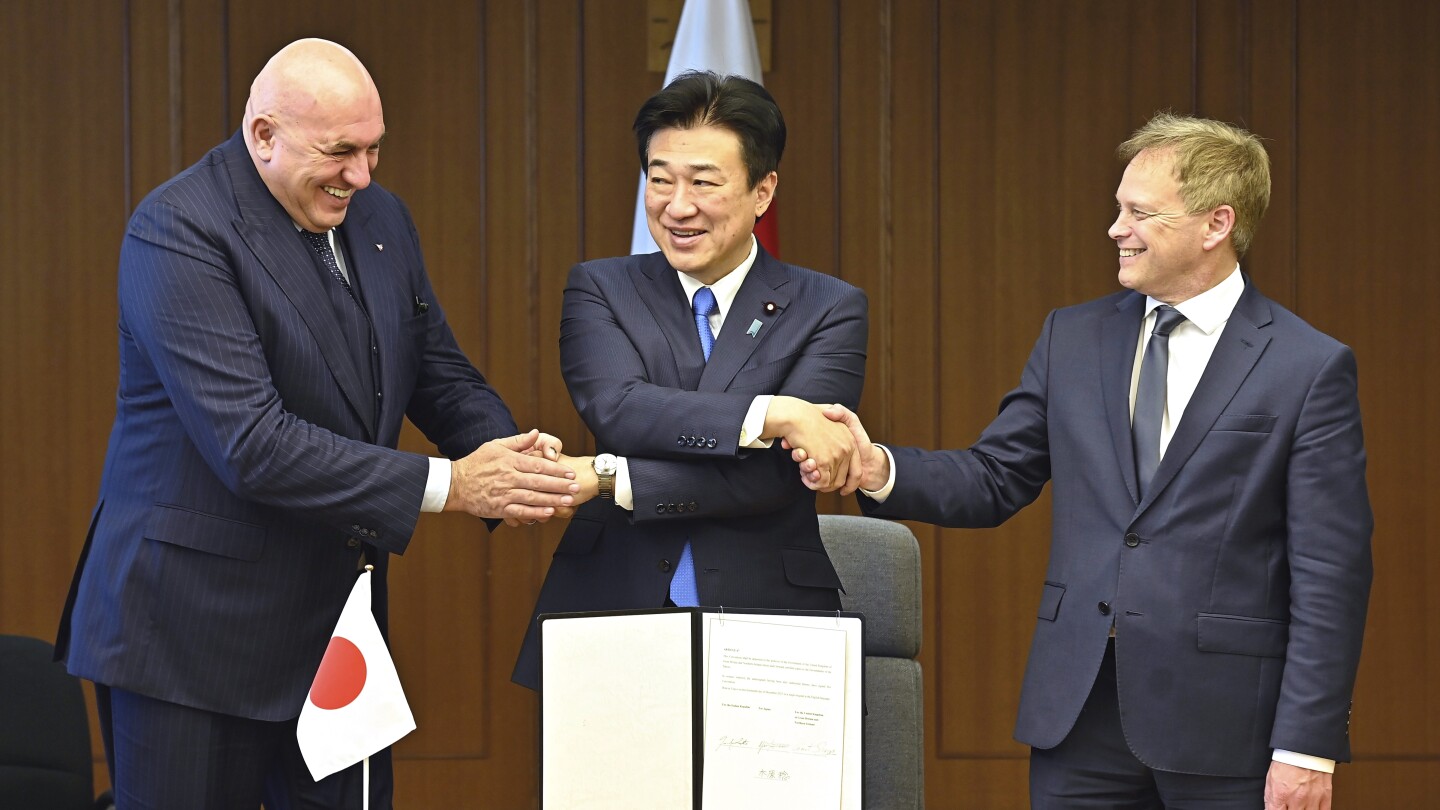Japan’s Cabinet on Tuesday approved a plan to sell future next-generation fighter jets that it’s developing with Britain and Italy to other countries, in the latest move away from the country’s postwar pacifist principles.
The contentious decision to allow international arms sales is expected to help secure Japan’s role in the joint fighter jet project and part of a move to build up the Japanese arms industry and bolster its role in global security.
The Cabinet also endorsed a revision to Japan’s arms equipment and technology transfer guidelines to allow coproduced lethal weapons to be sold to countries other than the partners.
Japan is next to two authoritarian nuclear armed countries that are both losing ground in geopolitics and have been for a long time. Now they can be all like, “these are just the jets we sell to other people, imagine how much better ours are”
This is the best summary I could come up with:
Japan has long restricted arms exports under the country’s pacifist constitution, but has rapidly taken steps to deregulate amid rising regional and global tensions, especially from nearby China.
Opponents have criticized Prime Minister Fumio Kishida’s government for committing to the fighter jet project without providing an explanation to the public or seeking approval for the major policy change.
In 2014, Japan began to export some nonlethal military supplies, and in a latest move last December, it approved a change that would allow sales of 80 lethal weapons and components that it manufactures under licenses from other countries back to the licensors.
In its decision, the Cabinet said that the arms export ban on finished products would hinder efforts to develop the new jet, and limit Japan to a supporting role in the project.
Kishida sought Cabinet approval before signing the GCAP agreement in February, but it was delayed by resistance from his junior coalition partner, the Buddhist-backed Komeito party.
The change also comes as Kishida is planning an April state visit to Washington, where he is expected to stress Japan’s readiness to take on a greater role in military and defense industry partnerships.
The original article contains 758 words, the summary contains 193 words. Saved 75%. I’m a bot and I’m open source!
It’s a bit strange that a pacifist country has fighter jets to sell.
I mean they still need a functioning army for self-defense.
When no one attacks you because it would upset daddy USA and you excel at technological innovation, you have a lot of free time to invent and build things like helicarriers and stealth fighters.
And Gundams, we all hope
Well they do have the gundam factory
If you want peace, prepare for war.






